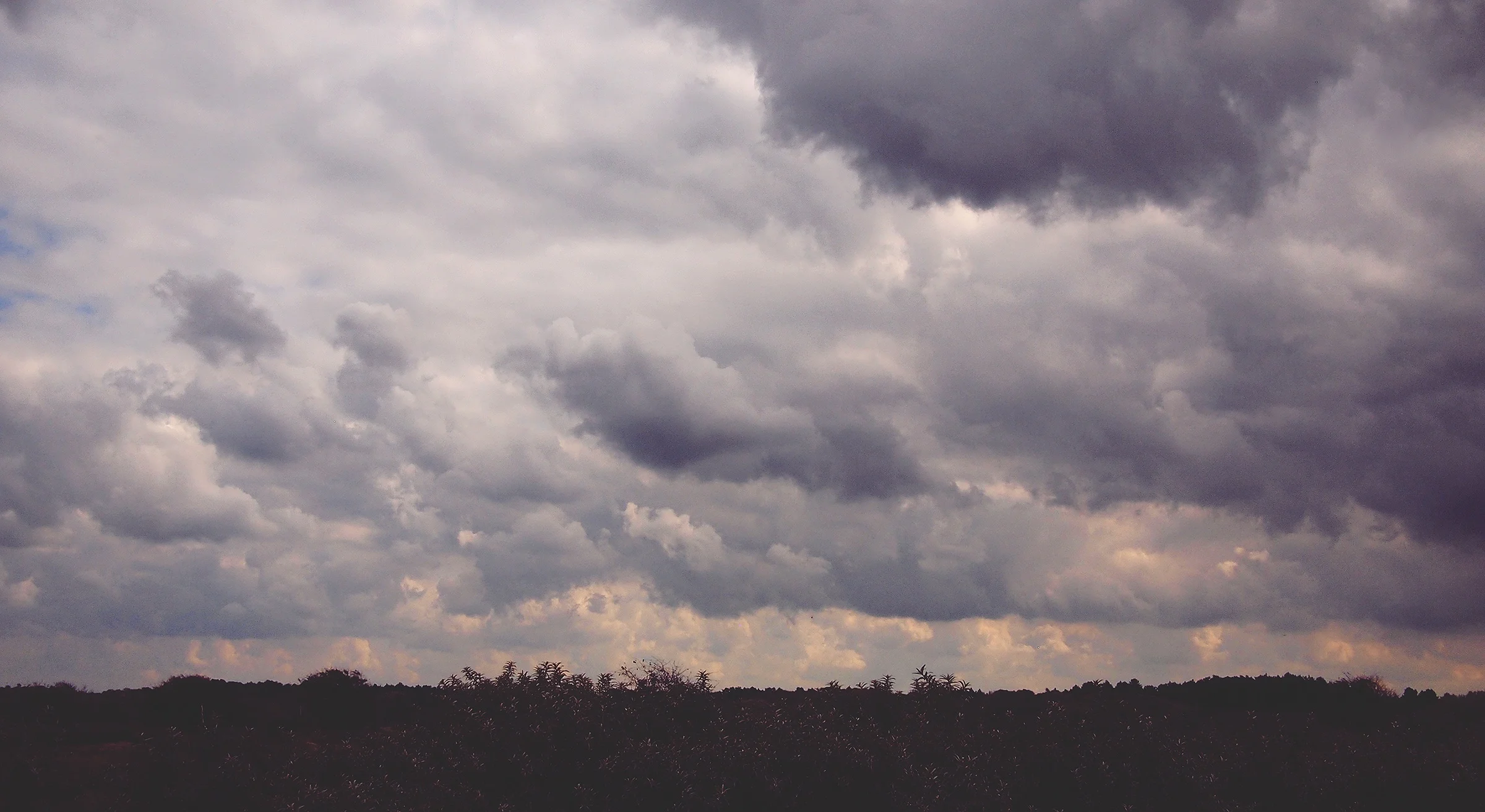Winslow Homer, “Snap the Whip”, 1872, oil on canvas, Butler Institute of American Art.
Winslow Homer, one of the most renown 19th-century American artists, painted Snap the Whip, one of his most most beloved paintings, only a few years after America’s horrific Civil War. Children are depicted playing this game in front of their small, red schoolhouse. They are pulling and tugging one another with fun abandonment. Their faces are illuminated by the soft light peeking through the clouds. The landscape—the mountains, the trees, the flowers—are tangible. The painting speaks pure innocence and simplicity.
Growing up in the 1950s and 60s, though a century later, I remember playing kickball, hide-n-go-seek, and tag in the cul-de-sac where I lived as a very young child. I remember roaming acres of trees and streams playing Tarzan with my brother. I spent hours crawling through sewers, never wondering what small varmint could be crawling around in there!, or worry if someone was hiding out from the police. I could ride my bike all day with friends with free abandonment, knowing I just needed to be home by dinner. I felt no fear. My parents felt free to give my brothers and I free rein to explore and play.
Today schools are surrounded by gates. Security systems have been placed in many schools nationwide. Children can never go on a bike ride without their parents knowing exactly where they are at every moment. A child must be accompanied by an adult when trick-or-treating. A child no longer has freedom to simply “be” a child.
I’m hopeful that this won’t forever be the norm. That the current climate of fear and apprehension gives way to an air of optimism and freedom. A chance to let our children experience the world around them on their terms. Yes, safety is important, but today, there seems to be a thin line between protecting our kids and holding them back.





